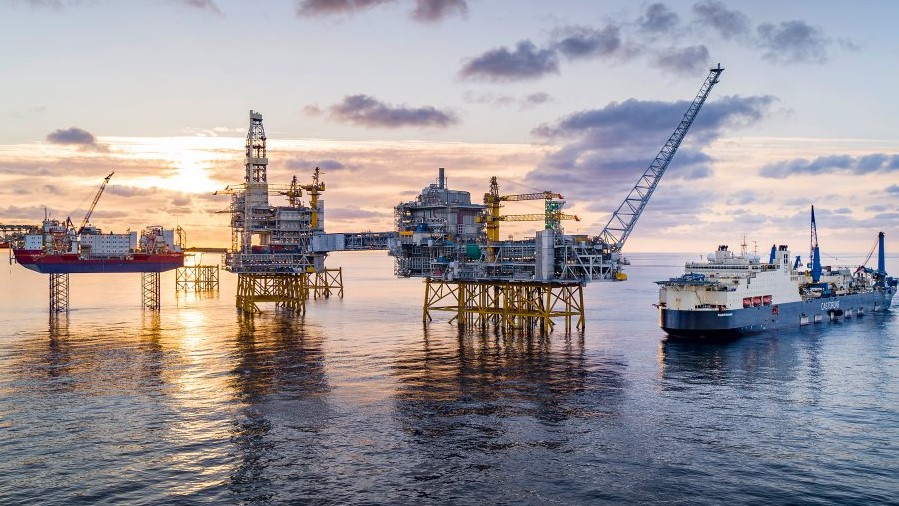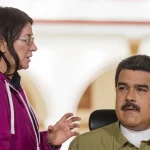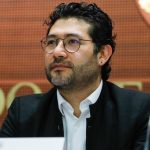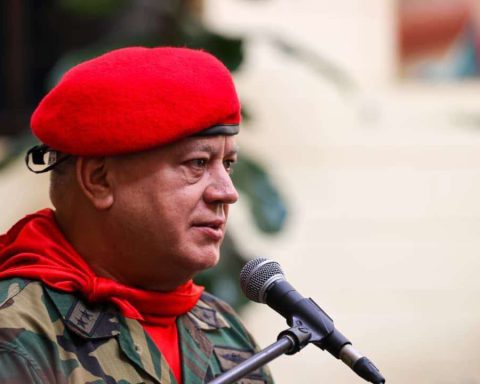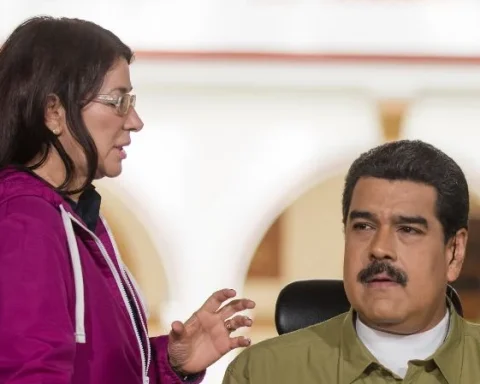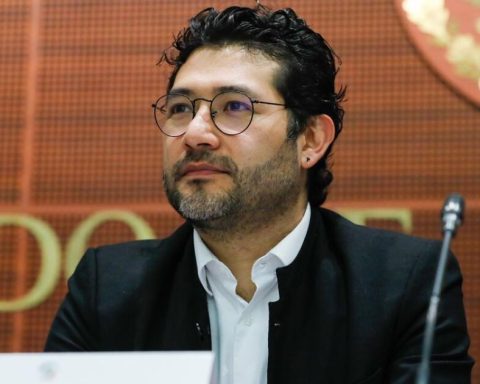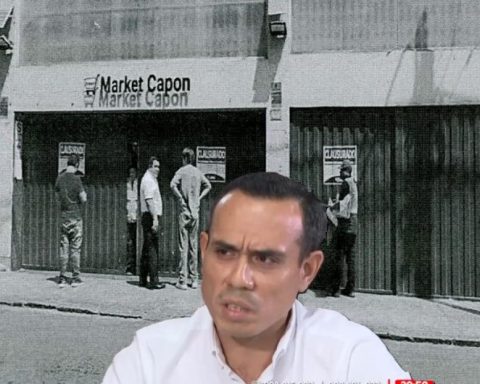The Government of Nicaragua announced the cancellation of four ‘Concession Contracts for the Exploration and Exploitation of Hydrocarbons in the Pacific Offshore of Nicaragua’, signed with Statoil Nicaragua Holdings BV, a local branch of the Norwegian state-owned Statoil, now called Equinor.
For decades, and periodically, the Nicaraguan nation has been excited about the possibility of finding oil in the territory: from the concessions authorized by the Somoza dictatorship, to those approved during the Ortega Administration.
These surveys allowed us to find black gold in San Cayetano and in front of Montelimar; (both in San Rafael del Sur), in addition to the Cruise and the Miskito keys. In none of the cases did an extractive oil industry develop.
The four contracts that support the same number of concessions that are now being cancelled, had been signed on May 28, 2015, as detailed in Presidential Agreement No. 37-2022, published in La Gaceta Number 47 of March 10, 2022. .
Although the initial signatories were Statoil and Petróleos de Nicaragua (Petronic), the companies that decided to terminate the concessions respond to new legal names: Equinor, in the case of the Norwegian company, and the National Company for the Exploration and Exploitation of Hydrocarbons (ENIH). ), created in February 2020.
Given that Equinor owned 85% of the Concession Contracts, while ENIH owns the remaining 15%, both companies, meeting in the Operating Committee of the Joint Operation Agreements, unanimously agreed “to accept Equinor’s decision to not continue with the projects in the Pacific Coast outside of Nicaragua, respecting the change in strategy of the parent company of this company”, reads the Presidential Agreement.
Expert professionals in advising foreign investors, who agreed to talk with CONFIDENTIAL, on condition of anonymity, explained that the opacity with which the Ortega Administration handles public affairs prevents knowing with certainty what happened in this case, although it is not ruled out that the decision was made on the ground. Or over the sea, to be more specific.
Leaving Nicaragua. Leaving Russia
“When oil becomes expensive, it is profitable to extract oil, but that is a long-term investment, sometimes up to 20 years, before starting to produce,” explained one of the sources who considers that the foreign company may have decided that it was not worth investing more money in looking for oil in the Nicaraguan Pacific, or that he did find it, but not in commercial quantities.
“Sometimes they quit because they never did anything; others, because they found nothing, or because they feel their environment is threatened,” said another source who said he had heard someone from the government, who boasted that “they had a lot of gas.”
Other hypotheses indicate that it is probable that the company has decided that the risk of making deals with officials or institutions that are targeted by the US Administrationwithout ruling out that the decision is linked to Russian invasion of Ukraine.
On February 28, just four days after the Russian attack began, Equinor said it would pull out of its $1.2 billion joint venture with Russia’s Rosneft, following other industry giants including Shell, British Petroleum and TotalEnergies, which announced their decision to withdraw from that country.
Equinor increased the number of wells it explores for oil and gas in the Norwegian North Sea from 25 to 30, and although it has no plans to change its hydrocarbon spending and production plans in the short term, it does intend to expand its renewable energy business and drastically reduce its greenhouse gas emissions in the coming years, its chief executive, Anders Opedal, told Reuters.
The next thing, to finish withdrawing the presence of Equinor in Nicaragua, is to comply with the legal paperwork, ensure that both companies comply with their environmental obligations, and release (return) the solidarity bonds that the parent company of the Norwegian company granted in favor of the State. of Nicaragua, at the time of signing the concession contracts.
